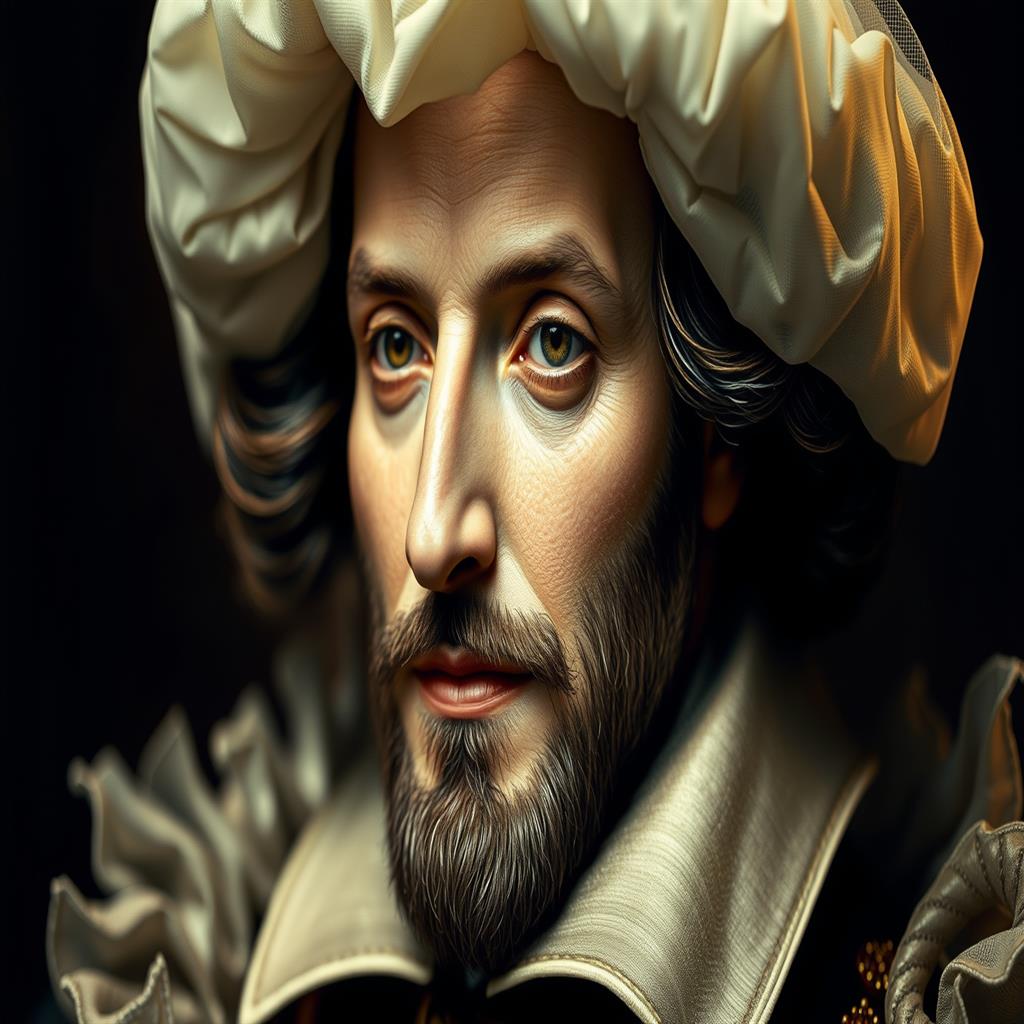The Rise of AI in Poetry
Artificial Intelligence (AI) has been making waves in various creative domains, from generating realistic paintings to composing music. Recently, a groundbreaking study published in Scientific Reports has revealed that AI can now craft poetry that is perceived as superior to the works of legendary poets like Shakespeare, Lord Byron, T.S. Eliot, and Sylvia Plath. This study, led by Brian Porter, aimed to assess whether humans could distinguish between poetry written by AI and that of renowned human poets.
The findings of the study were astonishing. Participants often rated AI-generated poems as more compelling and emotionally resonant than those crafted by human poets. This development signifies a significant leap in the capabilities of AI, showcasing its potential to not only mimic but also excel in areas traditionally dominated by human creativity. The implications of this advancement extend beyond poetry, as it challenges our understanding of creativity and the role of AI in artistic expression.
Implications and Future Prospects
This breakthrough in AI poetry raises intriguing questions about the nature of creativity and the potential for machines to not only replicate but also innovate within artistic fields. The ability of AI to generate poetry that resonates with human emotions suggests a new frontier in computational creativity, where machines are not just tools but active participants in the creative process. This evolution could lead to a reevaluation of what it means to be an artist and how we define artistic merit in the age of artificial intelligence.
Looking ahead, the integration of AI in creative endeavors could transform the arts, offering new possibilities for collaboration between humans and machines. As AI continues to develop, it may become an indispensable partner in artistic creation, pushing the boundaries of what is possible and inspiring new forms of expression. However, this also raises ethical considerations regarding authorship and the value of human creativity in a world where machines can produce art that rivals or surpasses human efforts.
Summary
- AI has advanced to the point of producing poetry that is often deemed superior to that of renowned poets.
- This development challenges traditional notions of creativity and the role of AI in the arts.
- The future of AI in creative fields could lead to new forms of artistic collaboration and innovation.
- Ethical considerations regarding authorship and the value of human creativity must be addressed as AI continues to evolve.
